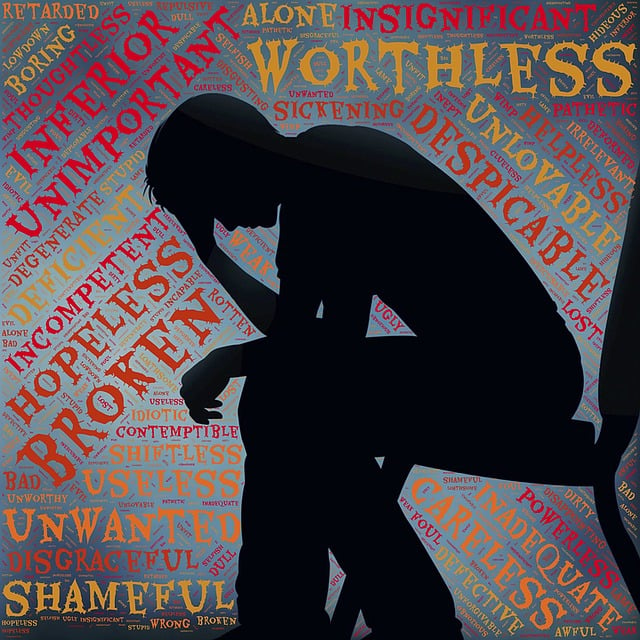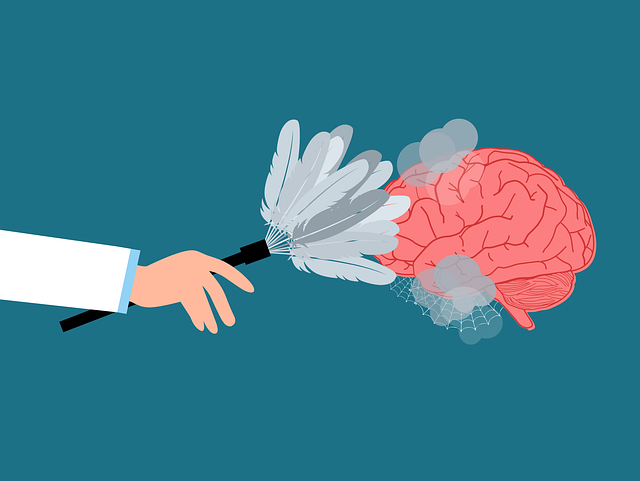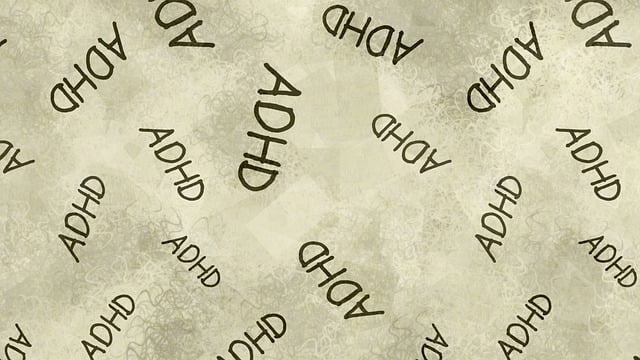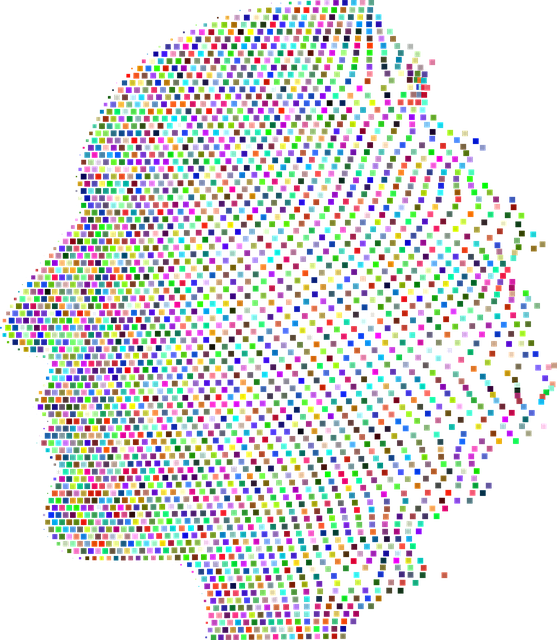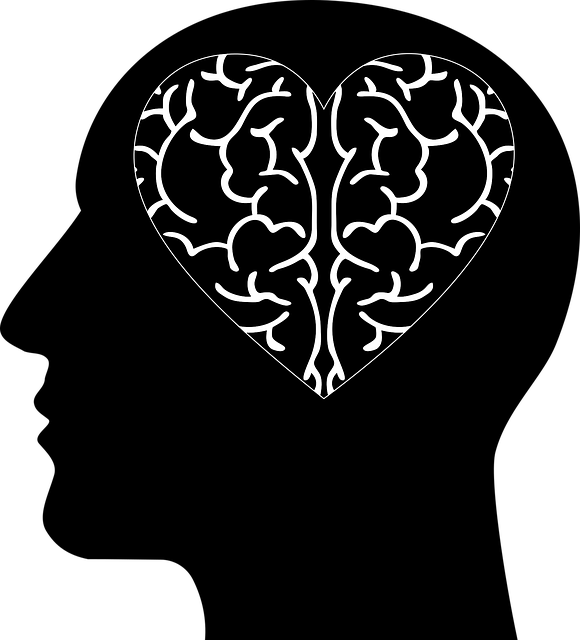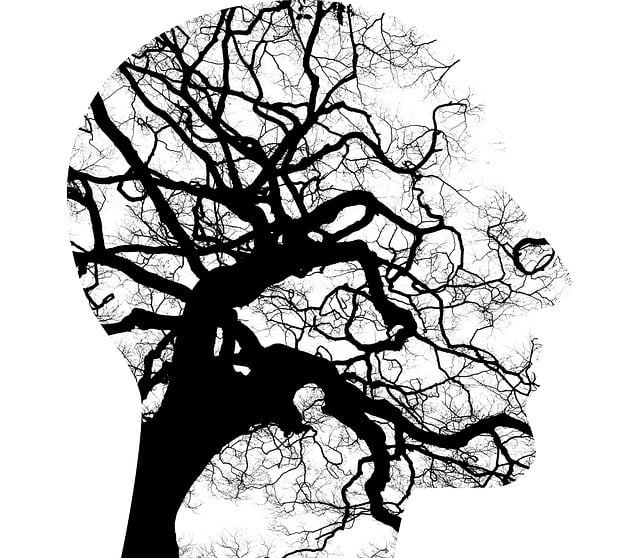Mental wellness is key to overall health, affected by daily stressors. Recognize signs of distress and seek professional help, like that offered by Wheat Ridge Domestic Violence Therapy, which incorporates innovative tools such as journaling and expressive writing to enhance healing. Starting a personal journal provides a safe space for emotional release and self-discovery during therapy, combining simplicity with structured exercises and multimedia enhancements for maximum impact. Consistency and integrating self-care practices amplify the benefits of this therapeutic process, fostering mental wellness through kindness and patience.
“Unwind and reconnect with yourself through the transformative power of mental wellness journaling. This comprehensive guide explores how expressive writing can significantly impact your daily life, offering a sanctuary for reflection and personal growth. Discover how this simple yet profound practice can serve as a powerful tool in navigating challenges, especially in overcoming domestic violence, as evidenced by Wheat Ridge Domestic Violence Therapy. Get ready to embark on a journey of self-discovery and healing.”
- Understanding Mental Wellness and Its Impact on Daily Life
- Journaling as a Therapeutic Tool: A Guide for Personal Growth
- The Benefits of Expressive Writing in Overcoming Domestic Violence
- Practical Tips for Starting and Maintaining a Healing Journal
Understanding Mental Wellness and Its Impact on Daily Life

Mental wellness is a fundamental aspect of overall well-being, encompassing our emotional, psychological, and social health. It affects how we think, feel, and act in our daily lives, influencing our ability to cope with stress, make choices, and relate to others. Understanding mental wellness involves recognizing that it’s not merely the absence of mental illness but a state of thriving where individuals can fulfill their potential, manage challenges, and contribute to their communities.
In today’s fast-paced world, various factors can impact our mental wellness, from work pressures and relationship dynamics to traumatic events or chronic stress. Poor mental health can lead to difficulties in functioning at school, work, or home, affecting productivity, decision-making, and overall quality of life. For instance, someone struggling with anxiety might find it challenging to engage in social activities, while depression could hinder motivation and energy levels. Recognizing the signs and seeking support through Wheat Ridge Domestic Violence Therapy or similar crisis intervention guidance is crucial for managing and improving mental wellness. Additionally, stress management techniques and risk management planning are essential tools for mental health professionals to help individuals navigate these challenges effectively.
Journaling as a Therapeutic Tool: A Guide for Personal Growth

Journaling has emerged as a powerful therapeutic tool, offering individuals a safe and personal space to explore their thoughts and emotions. This practice is especially beneficial for those seeking mental wellness improvements, such as those engaging in Wheat Ridge Domestic Violence Therapy or exploring Trauma Support Services. By putting pen to paper, individuals can gain valuable insights into their experiences, process complex feelings, and foster self-awareness—a cornerstone of personal growth.
A well-structured journaling exercise can guide users through various aspects of their mental health journey. It encourages reflection on daily experiences, setting goals, and documenting progress over time. This practice promotes cultural sensitivity in mental healthcare by allowing individuals to express themselves authentically, free from judgment. Moreover, incorporating elements from the Mental Wellness Podcast Series Production can enhance the therapeutic effect, providing a multimedia experience that complements the journaling process, making it an engaging and effective tool for anyone navigating their mental wellness.
The Benefits of Expressive Writing in Overcoming Domestic Violence

Expressive writing has emerged as a powerful tool in the journey towards overcoming domestic violence and promoting mental wellness. Through the act of putting thoughts and experiences onto paper, survivors can process their traumas effectively. Research suggests that expressive writing allows individuals to explore their emotions, gain perspective on past events, and develop coping mechanisms, all of which are essential steps in the healing process. This practice can enhance self-awareness, leading to improved self-esteem and better decision-making skills.
In the context of Wheat Ridge Domestic Violence Therapy, expressive writing is often incorporated into treatment plans as a therapeutic technique. It encourages survivors to confront and release their feelings, which can be particularly beneficial for those who have experienced complex trauma. By engaging in regular journaling or writing exercises, individuals can improve their social skills through better communication about their experiences and enhance their overall sense of calm using practices like mindfulness meditation.
Practical Tips for Starting and Maintaining a Healing Journal

Starting a healing journal is an act of self-care and a powerful tool for personal growth. For those seeking support through Wheat Ridge Domestic Violence Therapy, dedicated journaling can serve as a safe space to process emotions, reflect on experiences, and track progress. Here are some practical tips to begin this journey:
Begin with simplicity. There’s no right or wrong way to start. You might write about your day, your feelings, or even just use it as a space for brainstorming thoughts. Consistency is key; aim for a regular journaling practice, whether that’s daily or several times a week. Consider setting reminders or allocating specific time slots to ensure this becomes a lasting habit. Incorporate self-care practices into your routine; perhaps add a few minutes of mindfulness exercises before you begin, or end with positive affirmations to reinforce a sense of calm and self-love. Remember, the goal is personal growth, so be kind to yourself and embrace the process.
Mental wellness journaling can be a powerful tool for personal growth and healing, as evidenced by its effectiveness in overcoming domestic violence. By integrating expressive writing into their daily routines, individuals can better understand and manage their mental health, fostering a sense of calm and resilience. For those seeking support, Wheat Ridge Domestic Violence Therapy offers resources and guidance to help start and maintain healing journals, providing a safe space for self-reflection and transformation.

